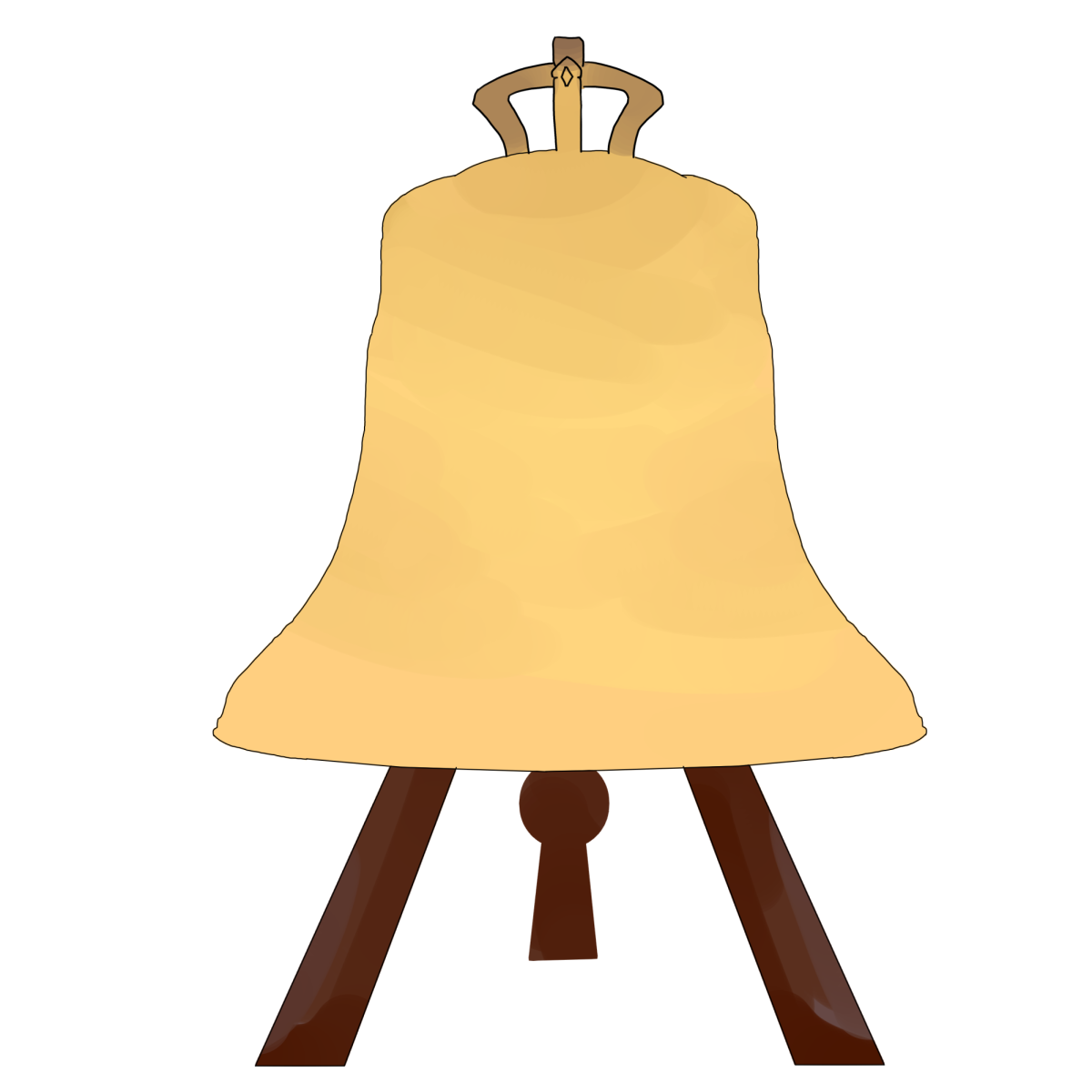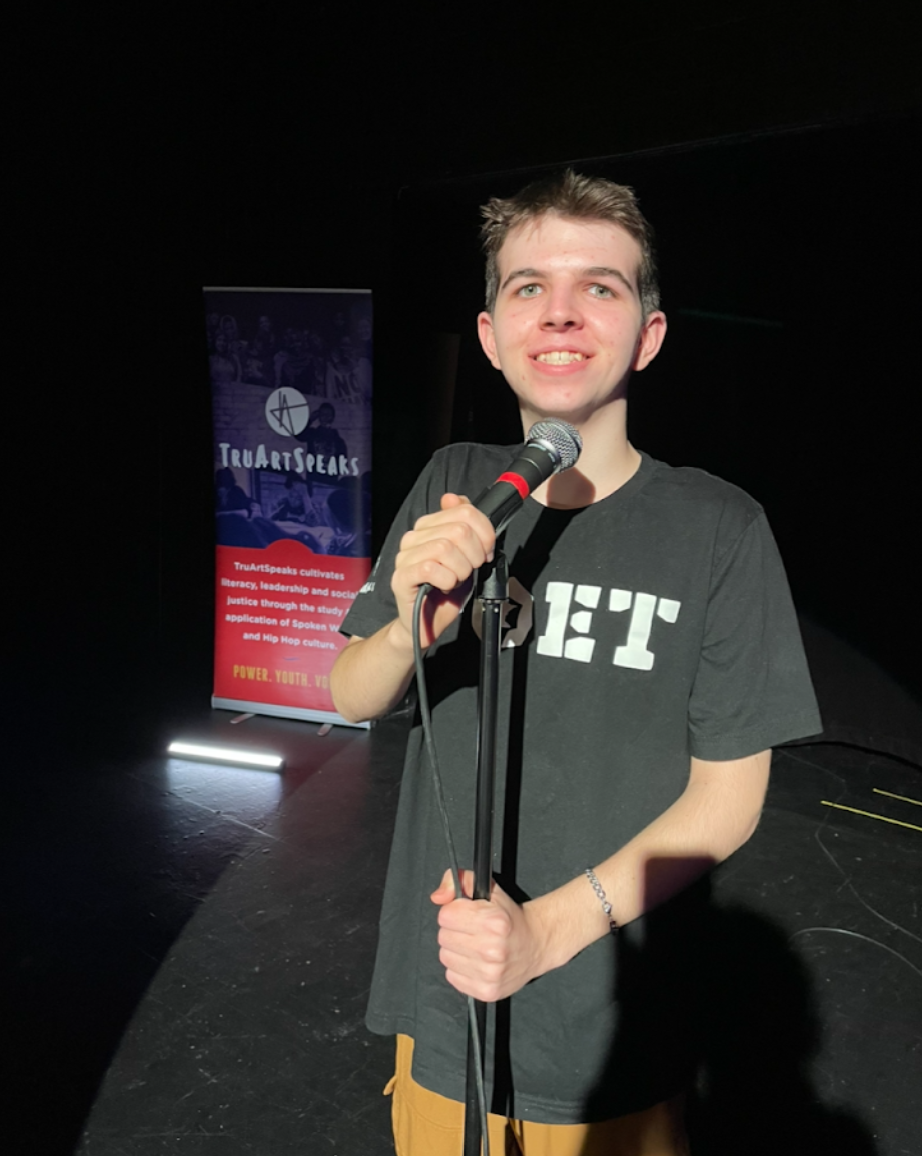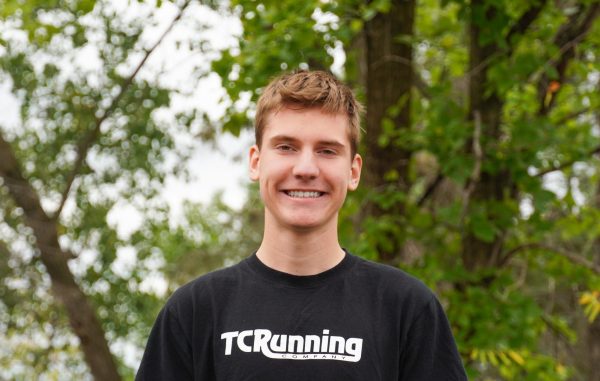Q: What inspired you to start writing poems?
A: When I first learned to type at age 12, my writing had a poetic quality to it. My older sisters called it fake deep, but honestly, that’s really the way I think about things.
Q: What inspires your poems?
A: My greatest inspiration is my autism and the various hidden and obvious disabilities it creates in my life. I think it’s important for others to hear my perspective so they understand me and my odd behaviors better.
Q: Do you read poems? What is your favorite poem (not yours)? Do you take inspiration from it?
A: I read some poetry, and my definite favorite is Longfellow. Freshman year I created the Longfellow Poetry Club at school. My favorite poem of his is “The Song of Hiawatha” with its melodic verses. I’m inspired by the simplicity, melody, structure, and beauty of his poems.
Q: What is your favorite poem you’ve written? Why?
A: My favorite poem of mine is the last one I wrote called “Elusive Friendship” which describes the difficulties of making friends as a nonverbal communicator. I like the truly fundamental message of what obstacles I face, as well as its structure and repetition. The theme demonstrates that we all deserve friends.
Q: When did you start writing? Why?
A: I started writing when I learned to type at age 12. Up until then, I was only taught to use the picture exchange communication system (PECS) with my iPad as voice output. This system was confusing and took years off my education as I was so limited in what I could communicate erratically with others. Once I learned to type, the entire English language was at my disposal. Poetry allows me to use my deep vocabulary, turning groups of words into something original and mine.
Q: Is there anything you want to do with your poems or are you going to continue writing in the future?
A: I hope to eventually publish a book of my poems and make a living as a poet. It’s sort of a big dream, but an achievable one I hope.
Q: Why did you enter the contest and what was participating like?
A: I entered primarily to share my poetry, with the objective of being sort of an outlier as a nonverbal poet using someone else’s voice to speak my poetry. It has been a thrilling and frightening experience all going in circles. I am quite glad I did it.
Q: People love your poems. Your mom said poet Trish Jones was moved to tears by your poem “Off Track.” How does knowing that make you feel?
A: Tish Jones wrote a poem called “Tracks” that we read in English class and wrote a short response to. My response essentially became my poem “Off Track.” It was very special that she was in the audience, and I was surprised and touched very much by her reaction.
Q: How do you feel about winning second place? How did you feel at the moment?
A: I was elated by my second place finish since I’ve never done a poetry competition before. It all seemed like a dream in the moment. Like a dream come true.
Q: What are some challenges you faced in this contest and writing poems in general?
A: The most obvious challenge that I’ve faced in this contest is onstage slam poetry in the face of nonverbal autism. My English teacher Ms. Merrill had the clever idea of recording another student reading my poem that could be played when it was my turn. That way, the attention would be on me and my poetry. Doing this allowed me to stand in the spotlight holding the mic stand while the voice recording of my poem played through my iPad and was broadcast through the sound system. Writing the poetry is the easy part for me; it flows out and I type it.
Q: What are your favorite parts of writing? Why do you continue to write?
A: The best part of writing is finding unique word combinations or phrases on particular subjects to make it my own. We all want a chance to feel smart, and because I can’t talk, writing gives me the opportunity to share my true thoughts and be smart.





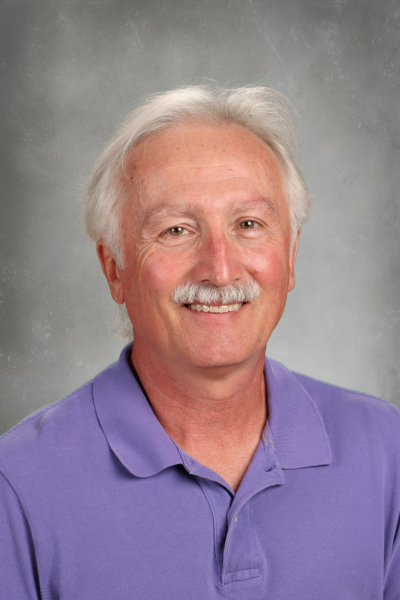






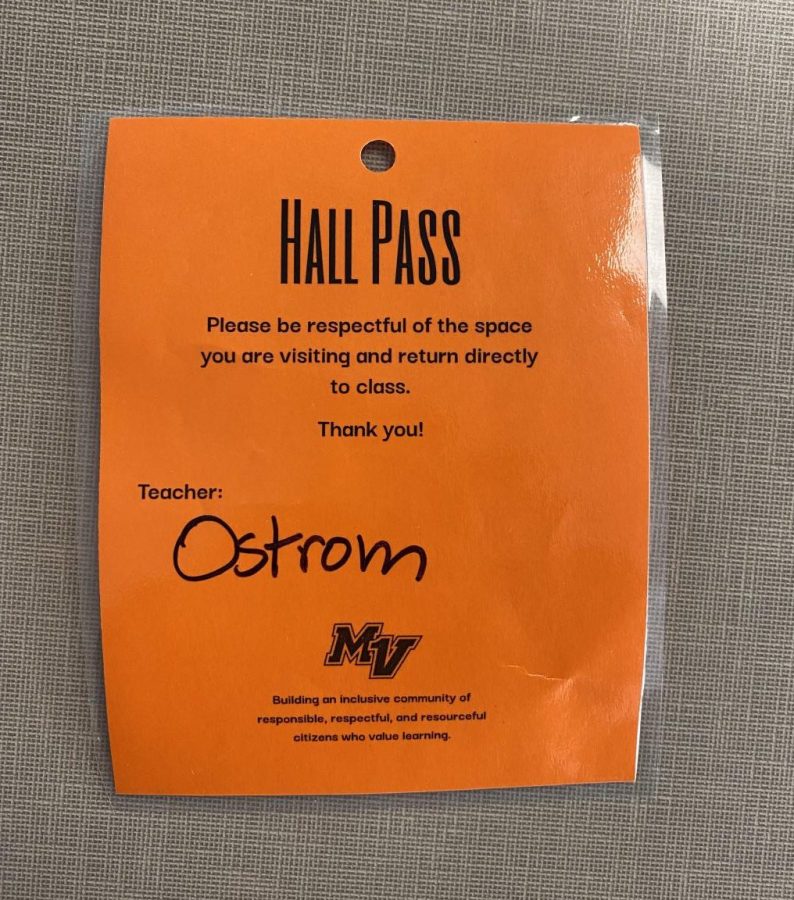


![[DEBATES] Prestigious colleges: value or hype?](https://www.mvviewer.org/wp-content/uploads/2024/12/buildings-1200x654.png)

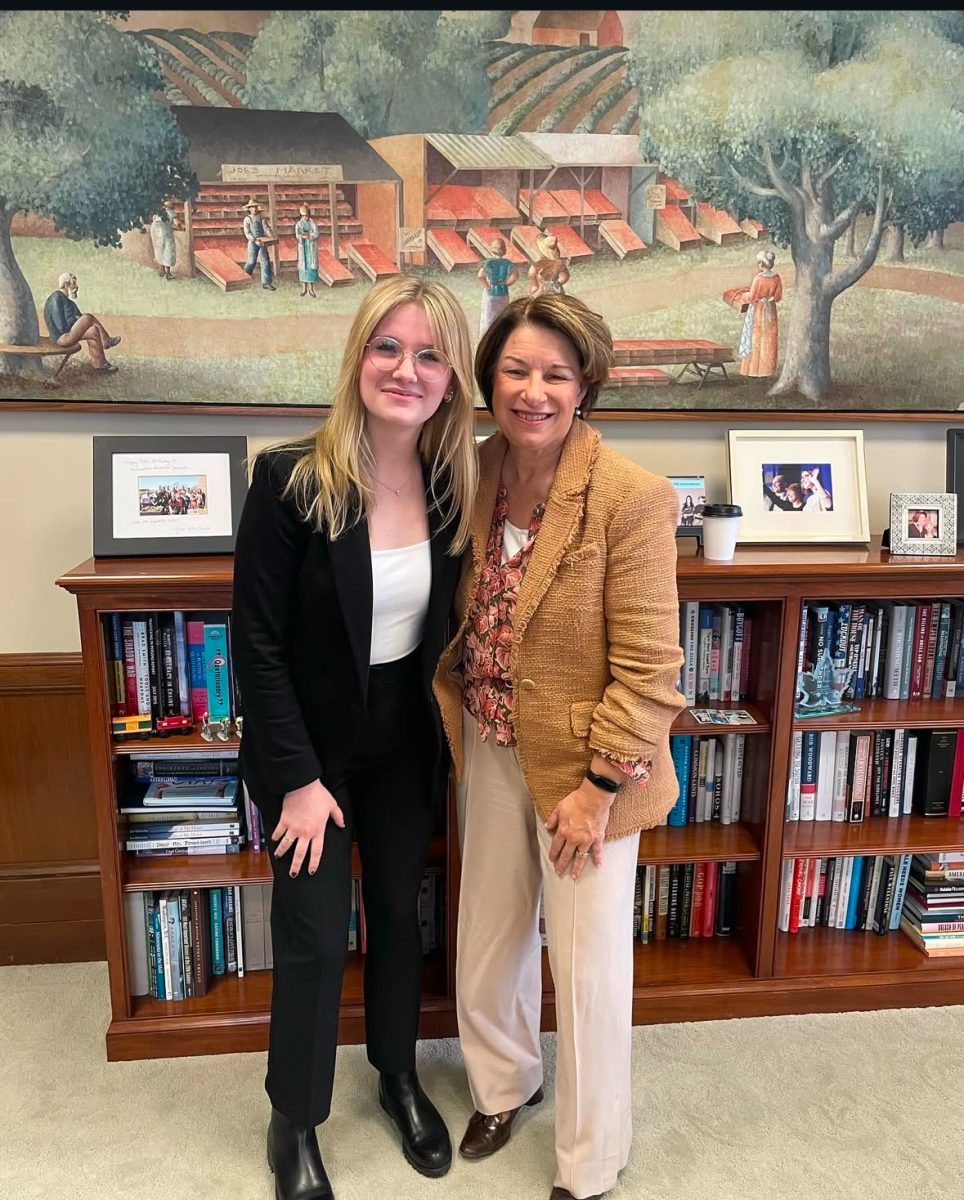
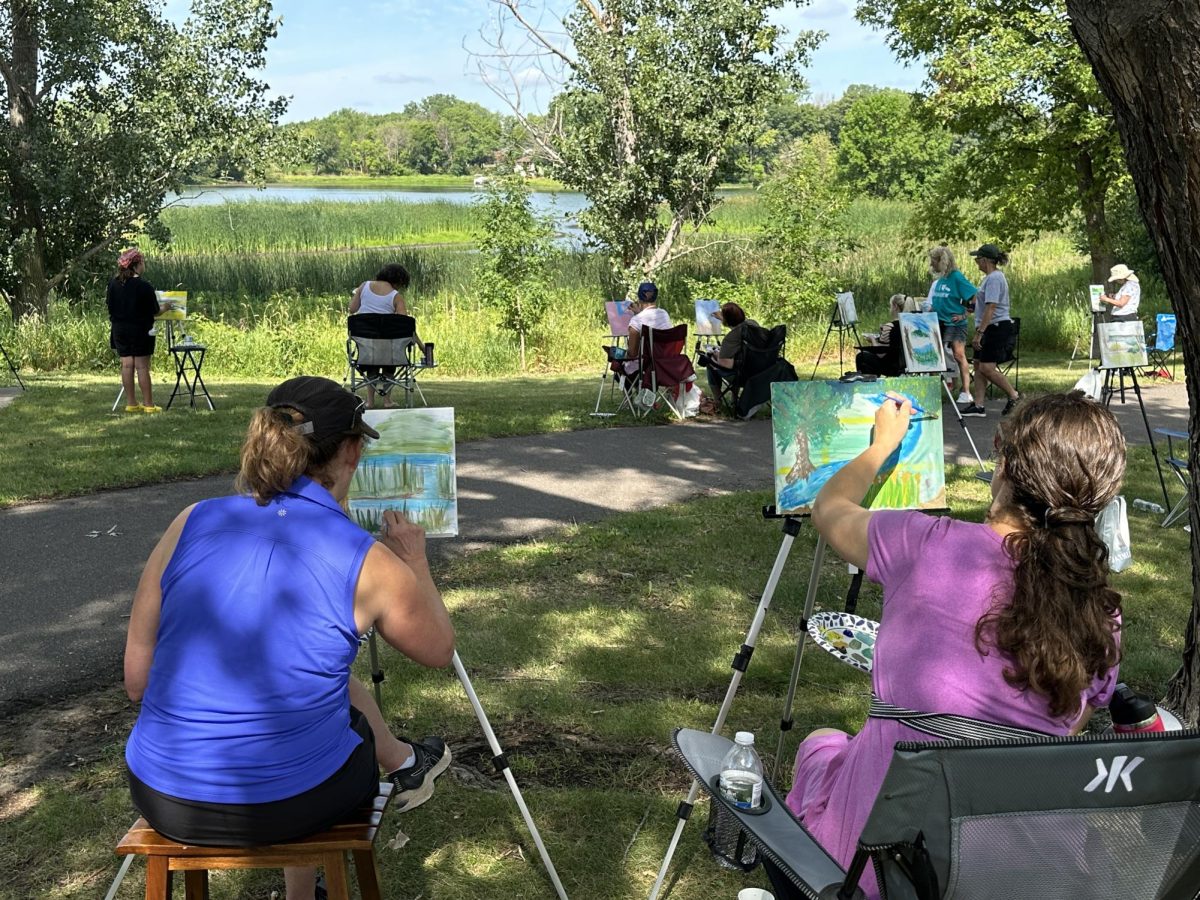
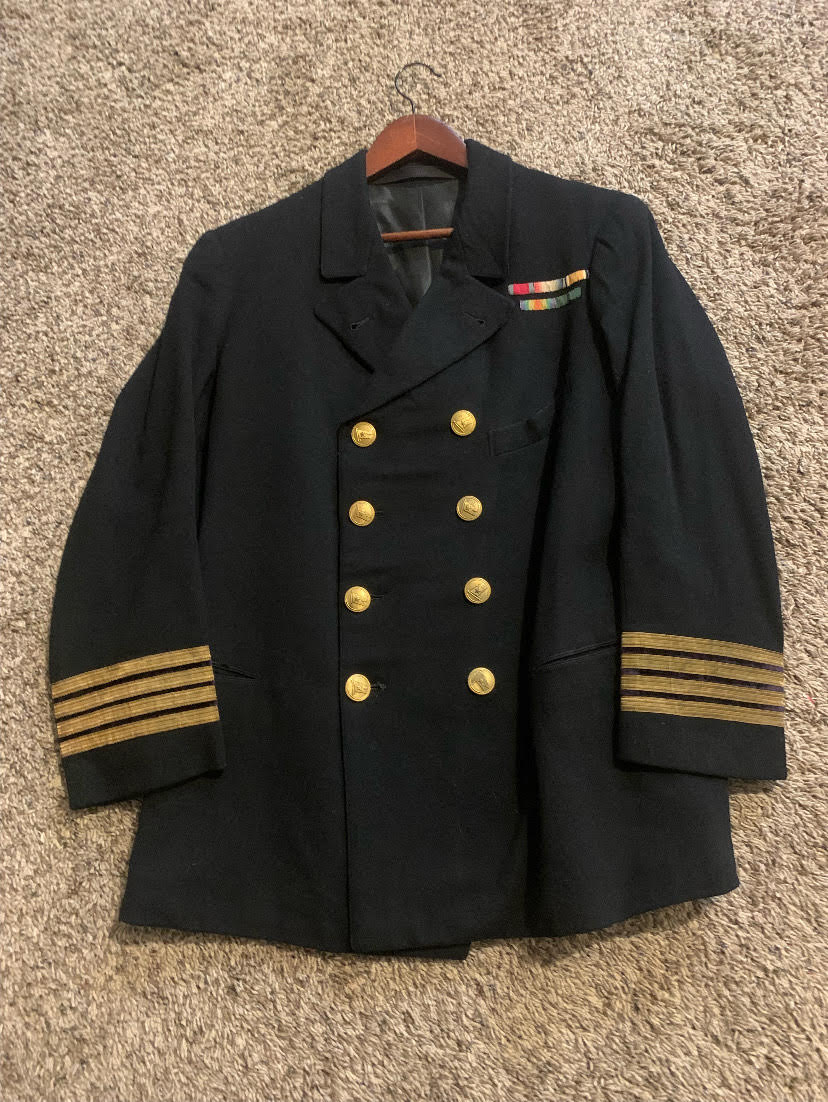
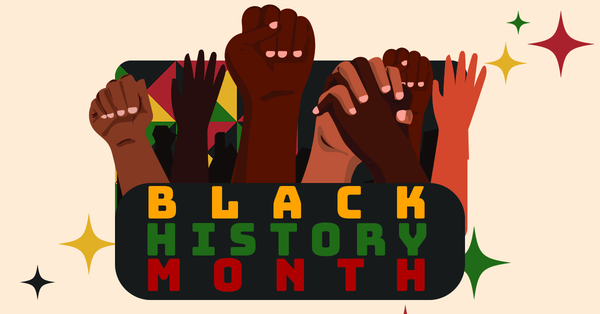



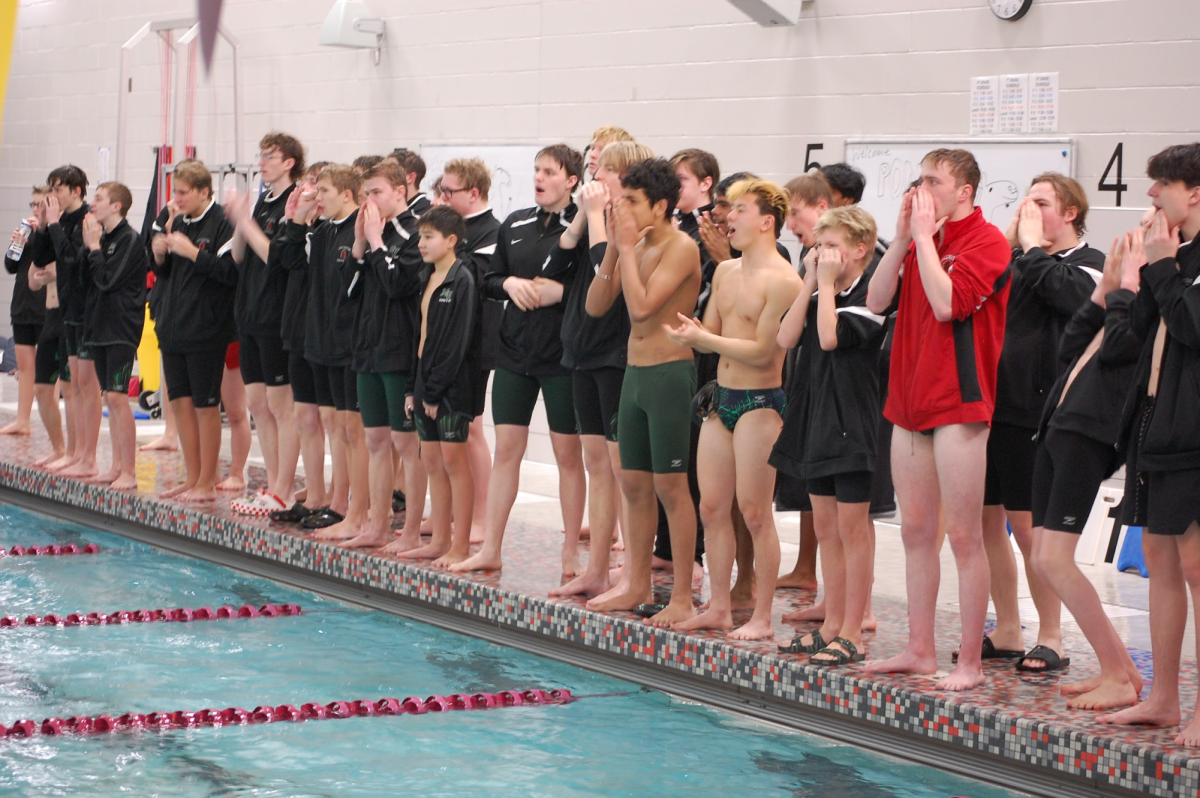
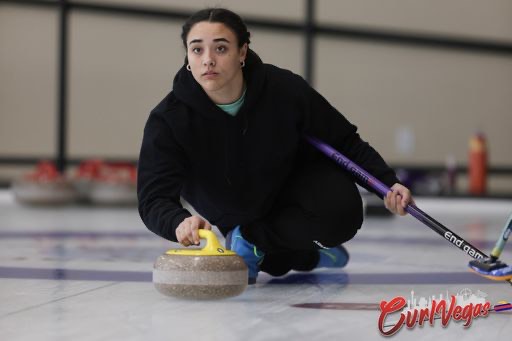











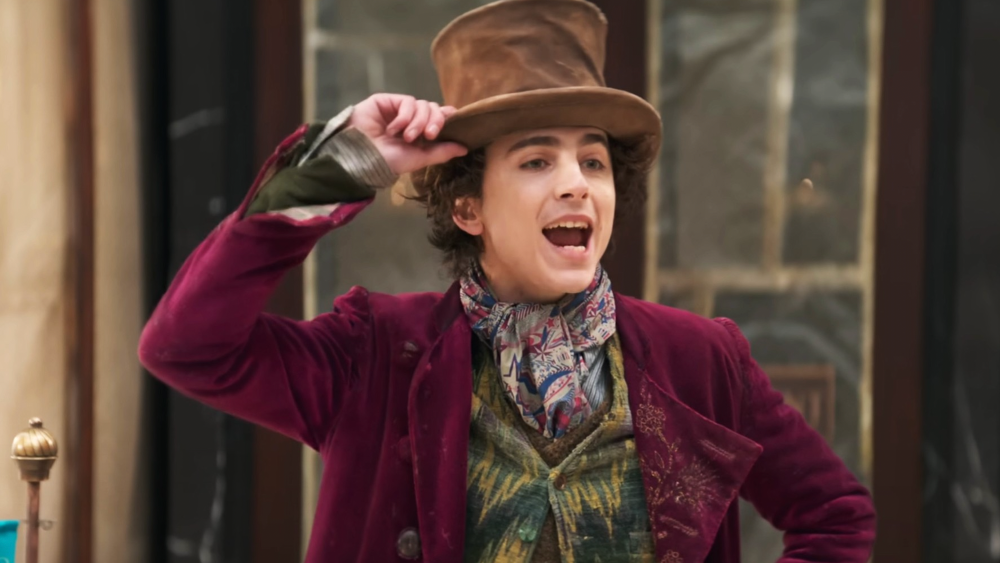
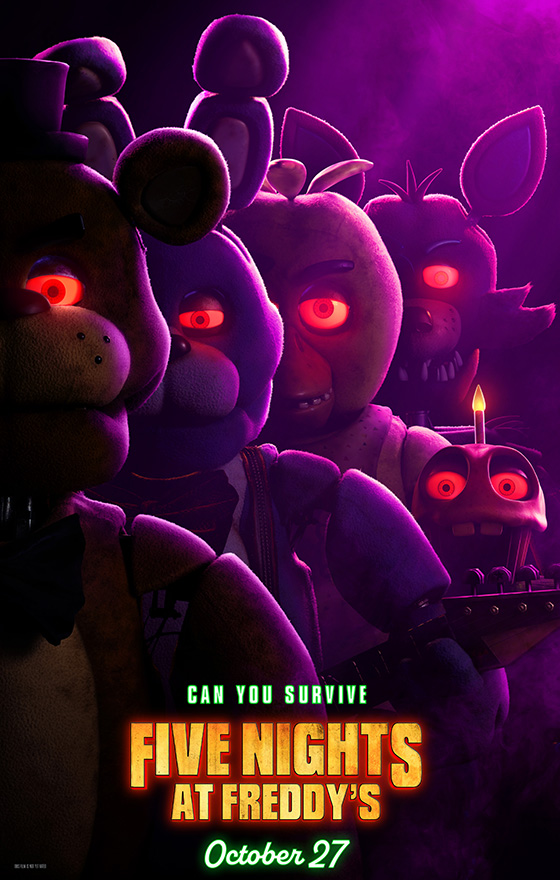









![[OPINION] The dark origins of TikTok's looksmaxxing trend](https://www.mvviewer.org/wp-content/uploads/2024/02/Copy-of-Copy-of-Untitled-Design-1200x675.png)


